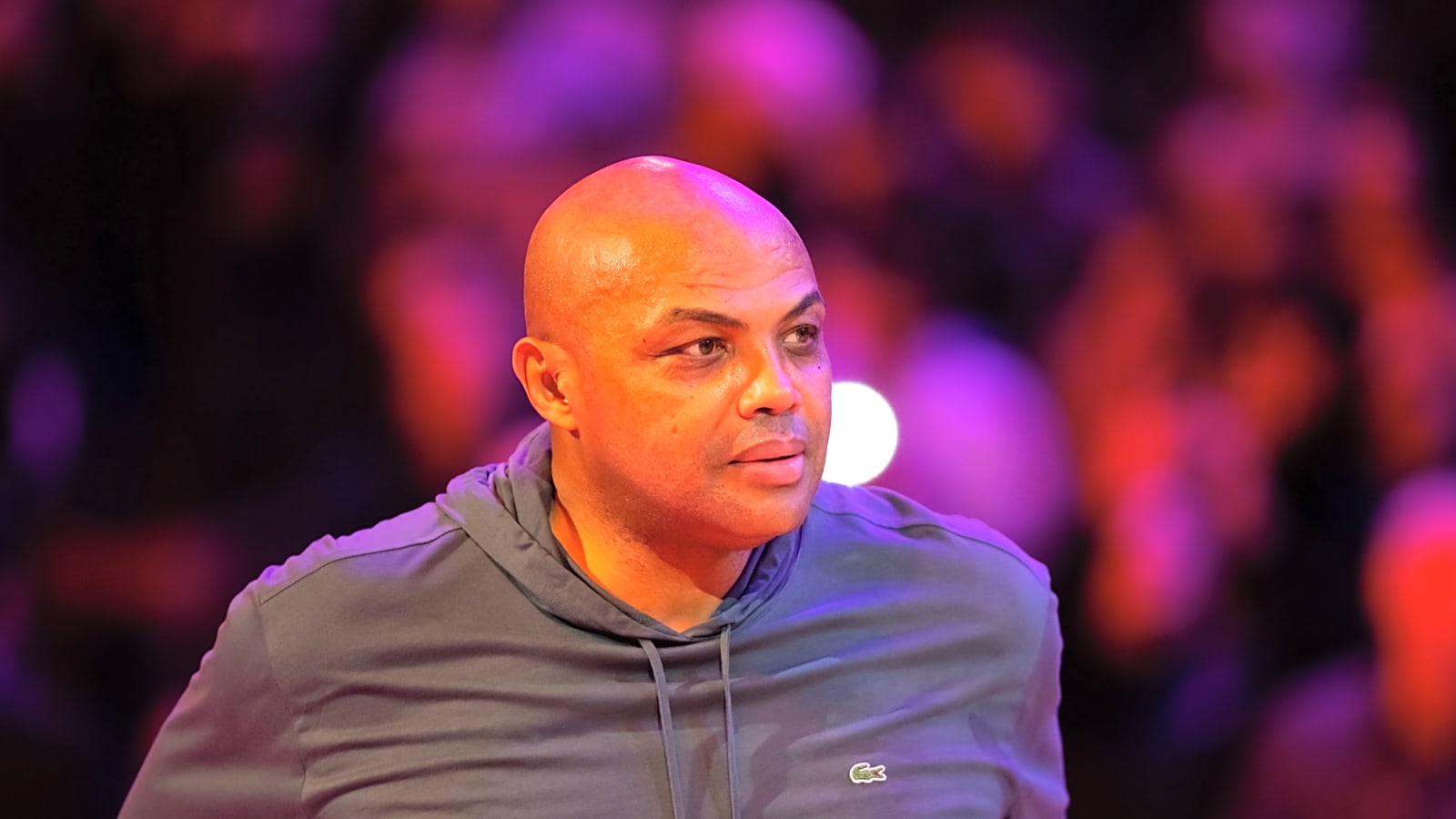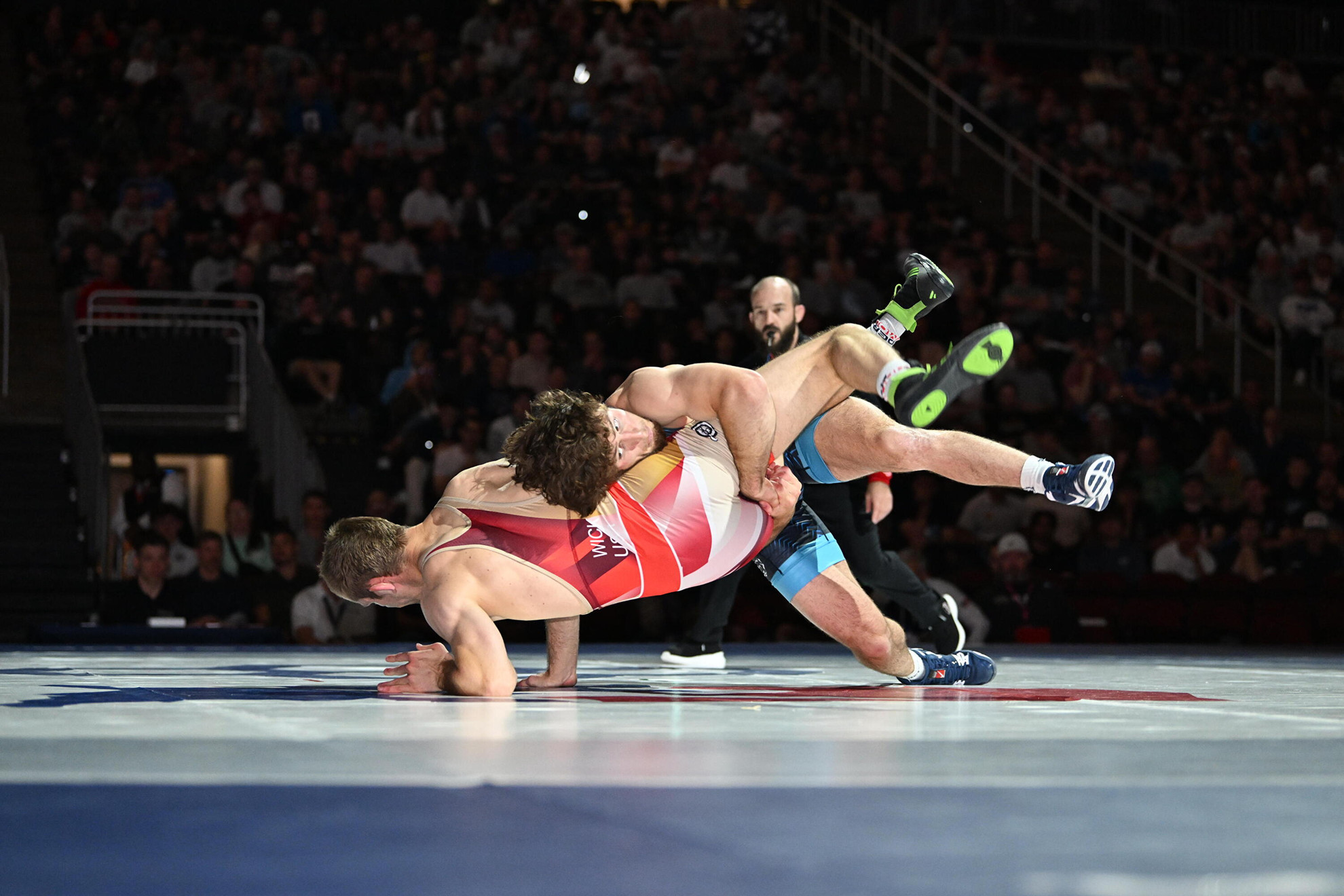Charles Barkley, a legendary figure in the world of basketball and a proud alumnus of Auburn University, has long shown loyalty to his alma mater through generous financial contributions. Despite his deep connection to the school and its athletic programs, Barkley has recently made it very clear that he has no desire to become the central figure or primary benefactor of Auburn’s NIL (Name, Image, and Likeness) collective, which supports student-athletes financially.
During a recent appearance on the “McElroy & Cubelic in the Morning” radio show on WJOX 94.5FM based in Birmingham, Alabama, Barkley opened up about his financial support for Auburn. He confirmed that he has donated significant amounts of money to the university over the years and fully intends to continue doing so. However, he also set firm boundaries regarding the extent of his financial involvement, especially when it comes to the NIL initiatives.
“I’ve contributed more money—whether it was within the system or not—to Auburn than any athlete who has ever gone there,” Barkley commented, making it clear that his dedication to the school is unquestionable. Yet, he firmly rejected the idea that he should commit to giving millions of dollars annually just to ensure the success of Auburn’s basketball or football programs. He expressed frustration and disbelief at such expectations, calling the idea “the stupidest thing I’ve ever heard.”
Even though Barkley earns a sizable annual income—over $20 million from his work with TNT alone, not to mention endorsement deals and other sources of revenue—he emphasized the importance of managing his wealth wisely. At 62 years old, Barkley is acutely aware of the long-term implications of such large-scale giving, especially when it comes to sustaining it year after year.
He elaborated, “I’m very proud of what I’ve done for Auburn financially, and I’ll keep donating. But I’m not about to shell out millions every year just to keep our sports teams competitive. That would be incredibly irresponsible. People would be questioning how I went broke: ‘What happened to Charles Barkley’s money?’ The answer would be because everyone expected me to keep us good at football and basketball. That’s foolish.”
Barkley continued with a candid observation that highlighted his understanding of economic realities, especially for African Americans. “Here’s what I know for sure,” he said. “Being Black and broke doesn’t work anywhere in the world. I’ve been wealthy for a long time, and I plan to stay that way. But thinking I’ll throw away millions each year to support college athletes is just not going to happen.”
Barkley’s connection to Auburn runs deep. He played for the Tigers between 1981 and 1984, during which time he was named the SEC Player of the Year. Since then, he has remained one of the university’s most well-known and vocal supporters. His passion for Auburn basketball, in particular, has been evident in both his words and actions. One recent example was a thoughtful gesture he made to an Auburn player following the team’s heartbreaking loss in the Final Four—a moment that underscored how emotionally invested he remains in the program.
Despite this emotional connection, Barkley has consistently voiced his concerns about the direction in which college athletics is heading. Specifically, he has taken issue with the increasing amount of money being funneled to top-tier athletes. While he acknowledges that student-athletes should be compensated in today’s sports landscape, he also believes the system is rapidly becoming unmanageable and unbalanced. In his view, the massive payouts threaten the integrity and sustainability of college sports as a whole.
Regardless of his wealth and ongoing commitment to Auburn, Barkley does not want to be part of what he sees as a worsening trend. He’s wary of creating a culture in which university alumni are expected to bankroll athletic success, regardless of the personal financial risk involved. He fears this could lead to a culture of reckless spending and pressure, both for athletes and donors.
His stance serves as a cautionary tale and a reality check for those who might assume that wealthy alumni will simply keep pouring money into sports programs without considering the consequences. Barkley wants people to understand that even someone with his financial resources must draw the line somewhere—and that doing so doesn’t make him any less committed to Auburn or its athletic success.
In his interview, Barkley also seemed to be speaking not just for himself but for other successful former athletes who may be feeling similar pressures. As NIL agreements continue to redefine the economics of college sports, the expectations on former players, boosters, and wealthy alumni are evolving rapidly. Yet, Barkley made it clear that, while he loves Auburn and will continue to support it in meaningful ways, he will not allow those expectations to jeopardize his financial well-being or common sense.
Ultimately, Barkley’s comments reflect a broader conversation taking place across the landscape of college athletics. As schools navigate the new era of NIL deals and the commercialization of amateur sports, stakeholders must carefully consider where the lines should be drawn—both ethically and financially. Barkley’s frank remarks are a reminder that support for college programs can come in many forms, but it should never come at the cost of personal financial ruin or blind obligation.
In sum, Charles Barkley remains one of Auburn University’s most devoted supporters. His contributions—both past and future—are a testament to his loyalty and pride in the institution. However, he is adamant that there is a limit to how much he will give, especially when it comes to sustaining the high costs associated with NIL. Barkley’s decision is not about abandoning Auburn but about setting responsible and realistic boundaries in an increasingly complex collegiate sports environment.



